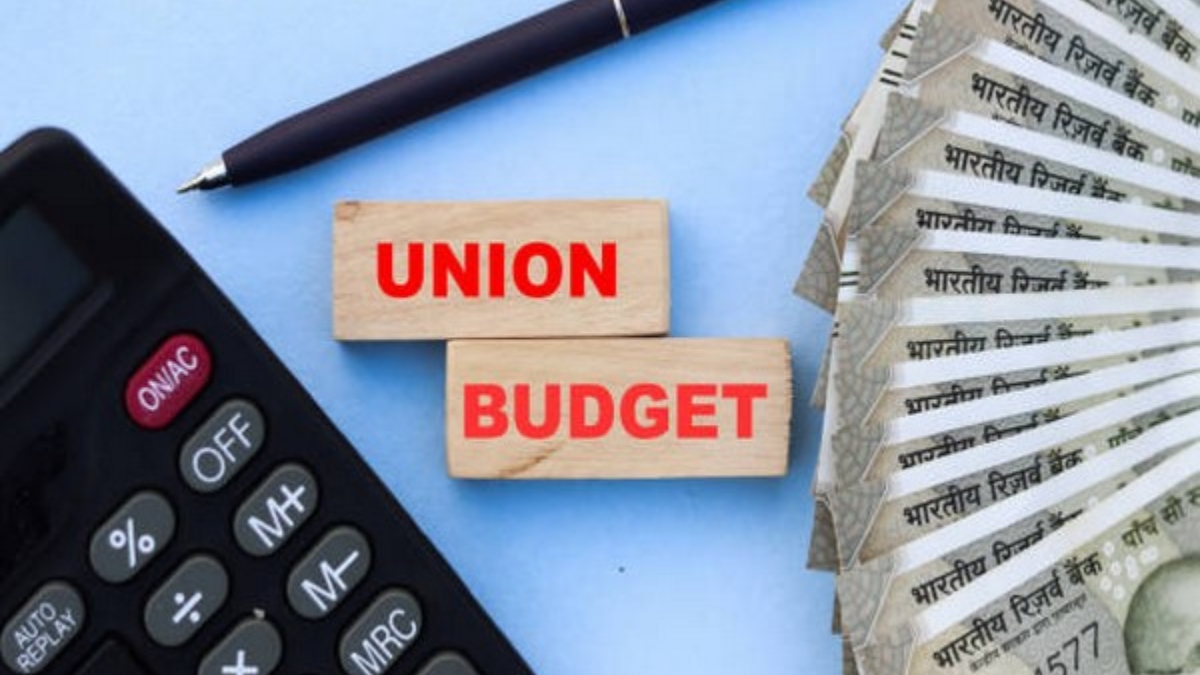Budget 2025: As the government is all set to present the Union Budget 2025 on February 1, industry stakeholders are anticipating reforms to drive growth in the healthcare sector. Key demands include increased government funding to tackle critical challenges, enhanced healthcare expenditure, and the expansion of public health initiatives.
Aman Puri, Founder of Steadfast Nutrition, has urged the government to increase healthcare spending to 2.5-3 percent of GDP, aligning with global averages. India’s healthcare expenditure has stagnated between 1.5-2.1 percent of GDP in recent years, leading to insufficient infrastructure and poor health outcomes.
Puri highlighted the need to strengthen primary and secondary healthcare systems, especially in rural areas and tier-2 and tier-3 cities, which house a large part of the population. He also advocated for a greater focus on preventive healthcare, which currently receives only 14 percent of government funding.
Need for reduced taxation on health insurance
Dr Smeet Patel, Director, Mayflower Women’s Hospital in Ahmedabad emphasized the need for reduced taxation on health insurance, especially as premiums tend to be higher for women due to their specific healthcare needs. “For the 2025 budget we are expecting that the government will reduce taxation on health insurance, as premiums are often higher for women due to their higher healthcare costs. Expanding initiatives to address cervical cancer is crucial. The HPV vaccine has been proven to reduce the incidence of cervical cancer by nearly 90 per cent, particularly when women are vaccinated at a younger age,” said Dr Patel.
Dr Patel further said that there is significant potential for innovative treatments, especially for conditions such as endometriosis and menopause, which have similar prevalence rates and high unmet treatment needs. “We also anticipate the Indian Government to launch more public awareness campaigns and improve access to resources for patients affected by these conditions,” he added.
Tax uniformity in the healthcare sector
Suresh Garg, Founder of Zeon LifeSciences, highlighted the need for tax uniformity in the healthcare sector, along with provisions for research, innovation, and export incentives. With the Indian nutraceutical market expected to grow significantly, these measures can enhance global competitiveness and drive sector growth.
“Our expectations from the government are to prioritize policies that not only unlock the immense potential of the healthcare industry but also ensure long-term sustainability, inclusivity, and global recognition,” he said.
Anshul Khurana, Co-founder of Entitled Solutions, emphasized the need for targeted healthcare policies aimed at urban low-income households, which often fall outside the scope of existing welfare schemes. “Incentivizing standard health coverage plans, and expanding the Ayushman Bharat program to include these households could ensure better access to essential healthcare” he added.
Overall, the healthcare industry is hopeful that the government will address these critical issues in the upcoming Budget, aiming to create a healthier, more equitable, and globally competitive healthcare system.
Also Read: Budget 2025 should reduce tax, compliance burden on middle class and SMEs, says expert
Also Read: Budget 2025: Why is it crucial to increase India’s military spending amid global instabilities?




